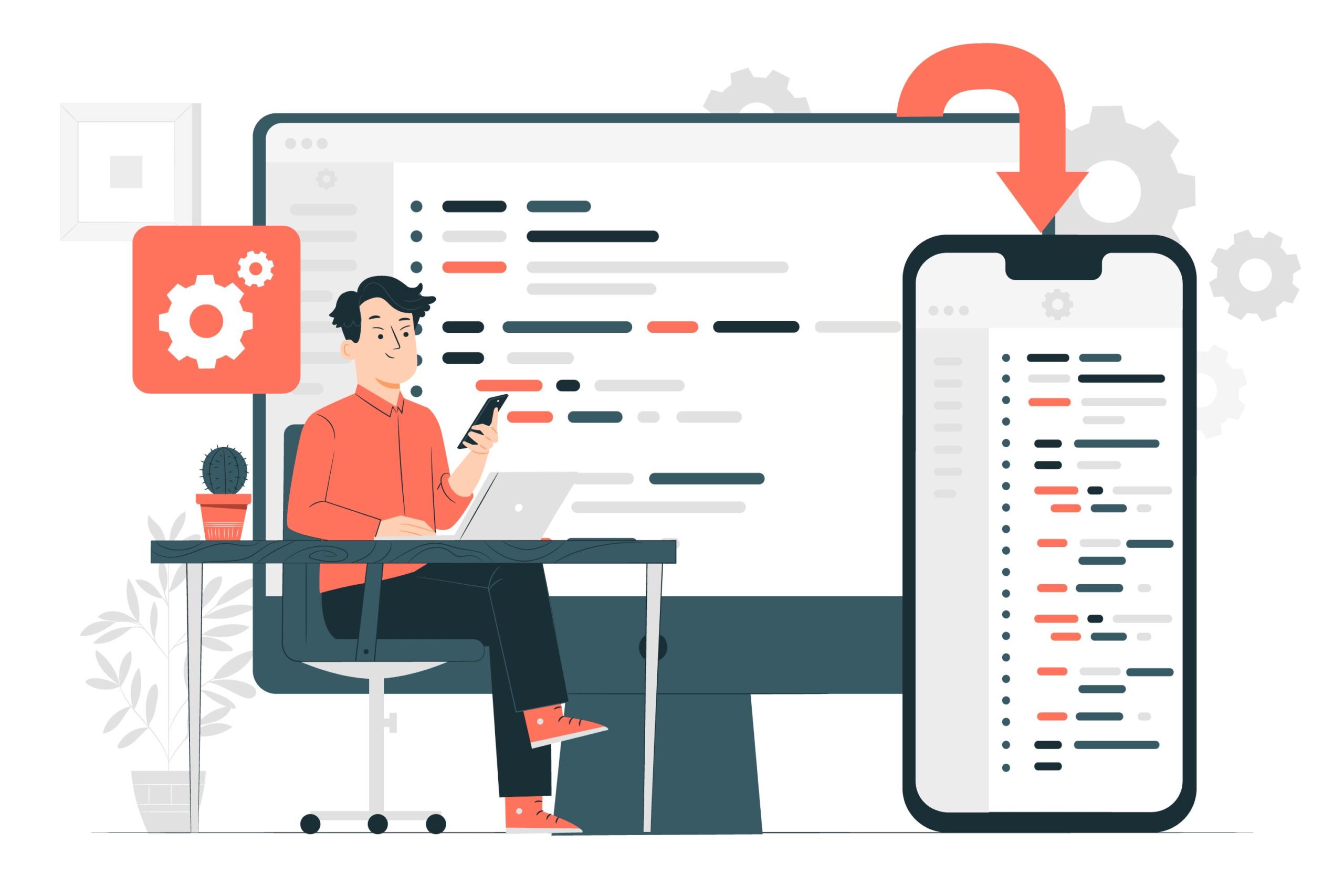Navigating the World of Functional Testing: Ensuring Application Reliability with Testers HUB
In the fast-paced and competitive realm of software development, ensuring that an application performs as expected is not just a necessity but a crucial aspect of product success. Functional testing, a cornerstone of quality assurance, plays a pivotal role in this process, verifying that each function of the software application operates in conformance with the required specification. This blog will delve into the world of functional testing, outlining its importance, methodologies, and how Testers HUB excels in providing functional testing services to ensure software reliability and performance.
Understanding Functional Testing
Functional testing is a type of software testing that validates the software system against the functional requirements/specifications. The purpose of functional testing is to test each function of the software application by providing appropriate input and verifying the output against the Functional Requirements.
This testing mainly involves black box testing and is not concerned about the source code of the application. Each functionality of the software is tested by feeding them input and examining the output.
Importance of Functional Testing in Software Development
Functional testing serves several critical purposes in software development, including:
1. Verification of Application Behavior
- Functional testing ensures that the application behaves as expected and all user requirements are met.
2. Detection of Real-World Usage Errors
- By simulating real-world conditions, functional testing helps in identifying errors and issues that might not have been uncovered otherwise.
3. Reduction of Future Risks and Costs
- Identifying and fixing issues early in the development cycle significantly reduces the costs associated with later stages of development when issues become more expensive and time-consuming to resolve.
4. Ensuring User Satisfaction
- A functionally sound application enhances user satisfaction and helps in maintaining the integrity and reputation of the software.
Functional Testing Methodologies
Functional testing can be executed in several ways, depending on the project requirements and the stage of development. Some common methodologies include:
A. Unit Testing
- Testing of individual units or components of a software application to determine if they are fit to use.
B. System Testing
- Involves testing the complete and fully integrated software product to evaluate the system’s compliance with its specified requirements.
C. Sanity Testing
- A quick, non-exhaustive run-through of the functionalities of the application to ensure they work as expected.
D. Smoke Testing
- Preliminary testing to reveal simple failures severe enough to reject a prospective software release.
E. Regression Testing
- Testing the application after making modifications to ensure that new code changes have not adversely affected existing functionalities.
F. User Acceptance Testing (UAT)
- Conducting testing in a real-world scenario according to the specifications of the end user to make sure the software can handle required tasks in real-world scenarios.
Testers HUB: Excellence in Functional Testing Services
Testers HUB stands out in the landscape of functional testing services with its comprehensive, methodical approach tailored to the unique needs of each client. Here’s how Testers HUB ensures top-tier functional testing:
1. Experienced Testing Team
- Testers HUB employs a team of experienced testers who bring depth of knowledge across various sectors, ensuring that all functional aspects of the application are thoroughly examined.
2. Customized Testing Strategies
- Understanding that every software project is unique, Testers HUB designs customized testing strategies that align perfectly with client specifications and user expectations.
3. Advanced Tools and Technologies
- Utilizing the latest tools and technologies in the industry, Testers HUB enhances the efficiency and accuracy of testing processes.
4. Comprehensive Reporting
- Detailed reporting mechanisms ensure that all stakeholders have clear insights into the testing process, outcomes, and areas needing attention.
5. Focus on User Experience
- By prioritizing end-user experience in their testing protocols, Testers HUB ensures that the software not only meets the specified functional requirements but also delivers a superior user experience.
Conclusion
Functional testing is an indispensable part of the software development process, ensuring that the application is not only bug-free but also user-centric and functional under all specified conditions. With Testers HUB, businesses can leverage exceptional functional testing services to ensure their software meets high standards of functionality and user satisfaction, paving the way for successful deployments and market acceptance.
For businesses looking to enhance their software quality and reliability, partnering with Testers HUB for functional testing services is a strategic move that ensures thorough testing, quality results, and ultimate customer satisfaction.











